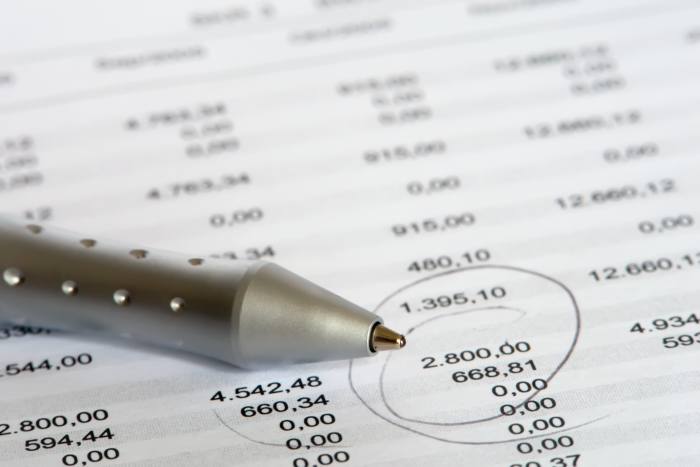
Bryn Jones, head of fixed income at Rathbones Unit Trust Management puts its bluntly: “equity income investing is dead this year."
He is referring to the wave of dividend cuts from companies that are staple holdings of equity income funds, such as oil company Royal Dutch Shell, and HSBC bank.
Corporate bonds differ from government bonds because the fixed income investor is lending the money to a company, and the company’s ability to pay is impacted by wider economic conditions, in a way that is not the case with bonds issued by governments.
The extra economic risk taken by investors is typically rewarded with a much higher income yield than is available from the government bonds.
Demand for bonds expected to increase
Mr Jones believes that demand for corporate bonds will increase because investors unable to get the expected income from equity holdings will switch to corporate bonds.
Bond owners are higher up the capital structure of a company than are equity holders, meaning they get paid first, before any dividends can be paid.
Central banks have also been buying some corporate bonds in order to assist liquidity in those markets.
Corporate bonds have different credit ratings, based on what credit ratings agencies believe is the likelihood that the company will repay the money.
Bonds that have a credit rating of up to BBB in the alphabet are deemed to be “investment grade”, while those bonds with a credit rating below tripe-B are classified as High Yield bonds, and coloquially known as junk bonds.
Nick Wall, bond fund manager at Merian Global Investors says the yields offered on the bonds of relatively lower risk companies are presently quite attractive to him, and so he “doesn’t feel the need to be a hero” by investing in riskier high yield bonds.
Mark Preskett, a portfolio manager at Morningstar says the average default rate, that is companies not paying back the money, among businesses in the investment grade bond market is 0.5 per cent.
He says: “It is reasonable to think that default rate might rise during the current crisis, but even if it does, I think at the current yield levels, an investor is being compensated for the extra risks they are taking. “
Torcail Stewart, bond fund manager at Baillie Gifford says a client needs to be “deep pocketed” and able to cope with volatility to be significantly invested in high yield bonds in the current climate.
Only the US central bank is presently buying high yield bonds as part of its pandemic response programme, the others are confining themselves to investment grade and government bond assets.
Economic prospects
Andrew Hardy, co-head of research and portfolio manager at multi-asset fund house Momentum Global Investment Management says corporate bonds are a useful defensive asset as they are presently pricing in a much worse economic scenario than are equities.






